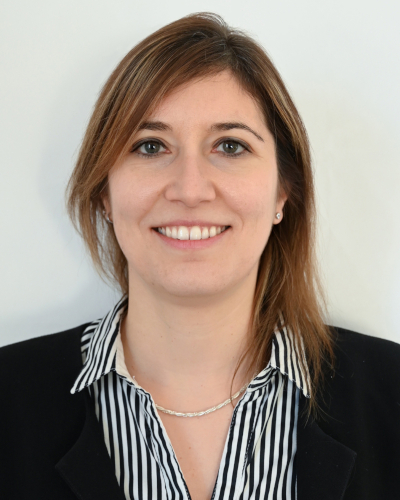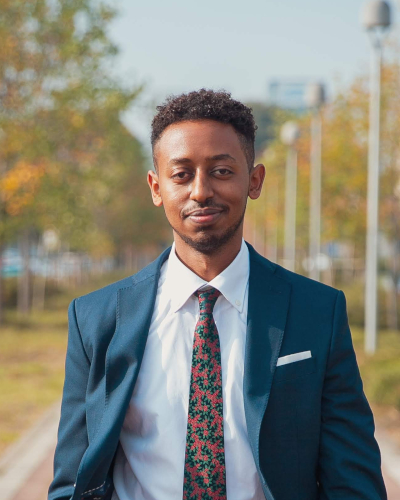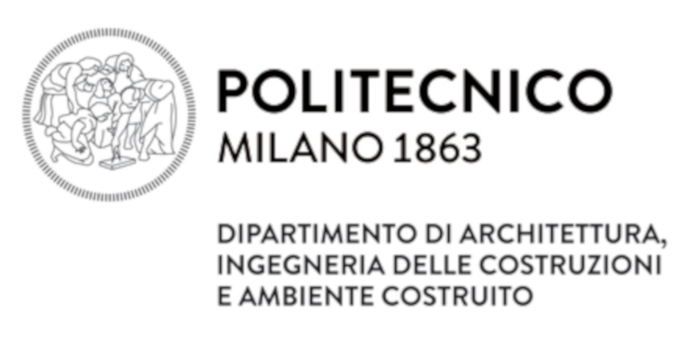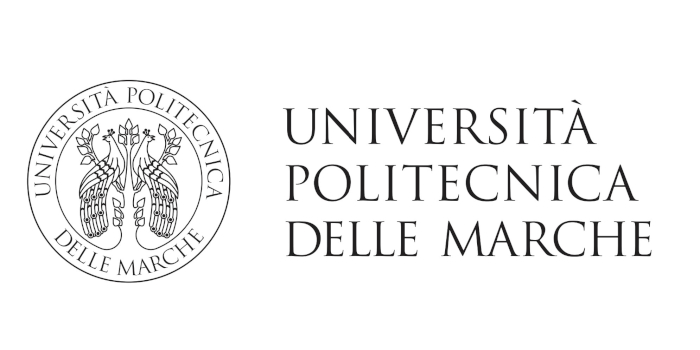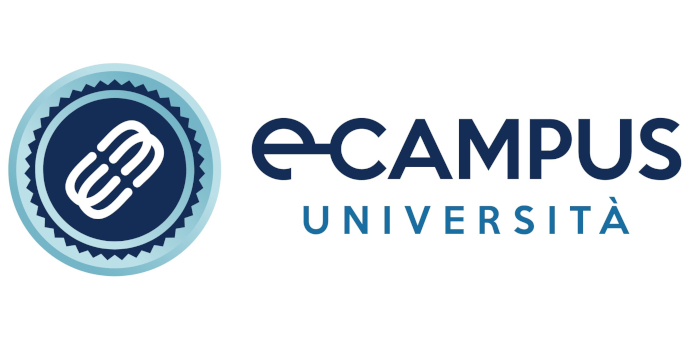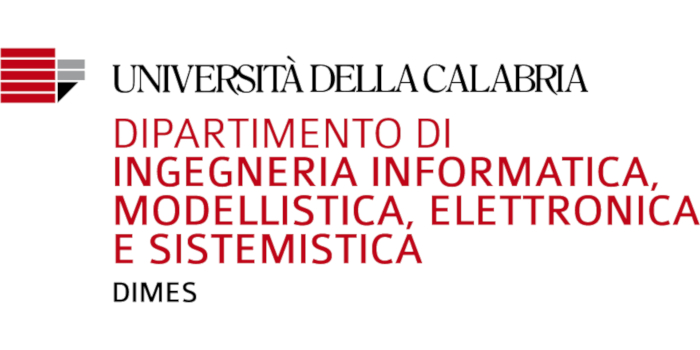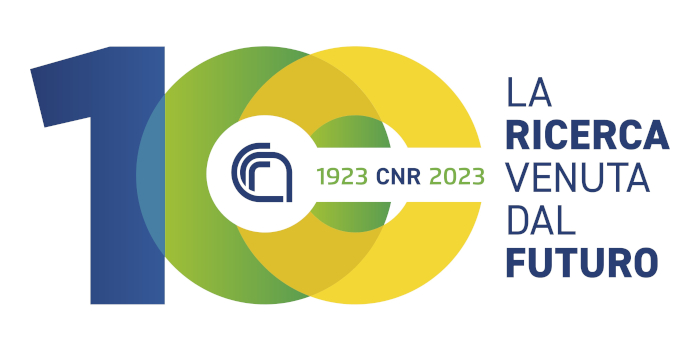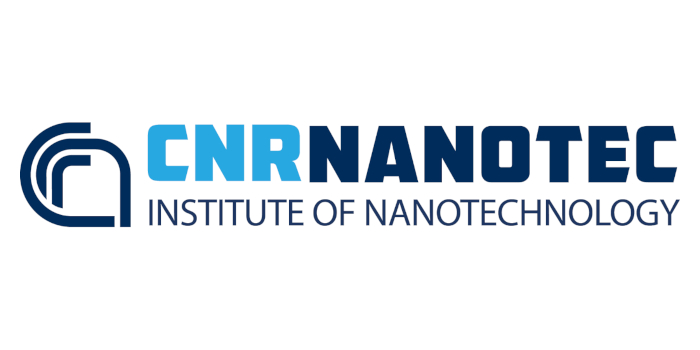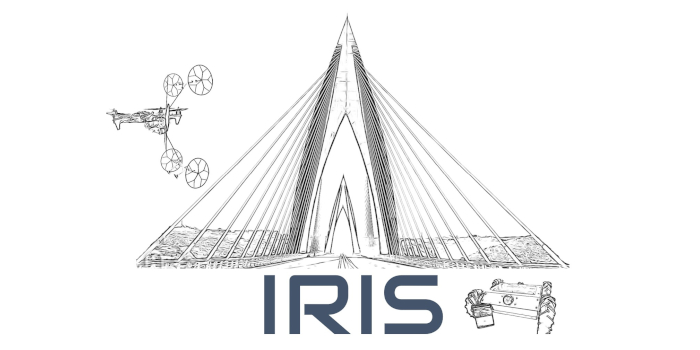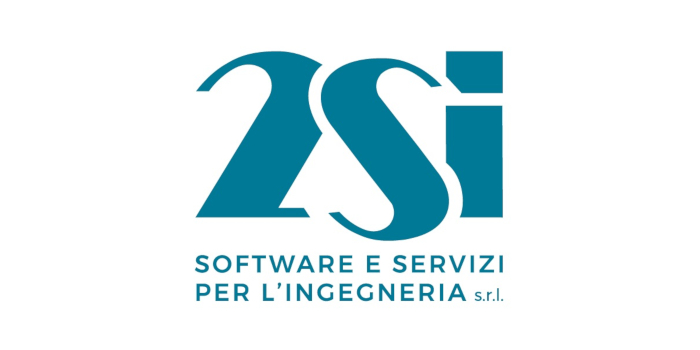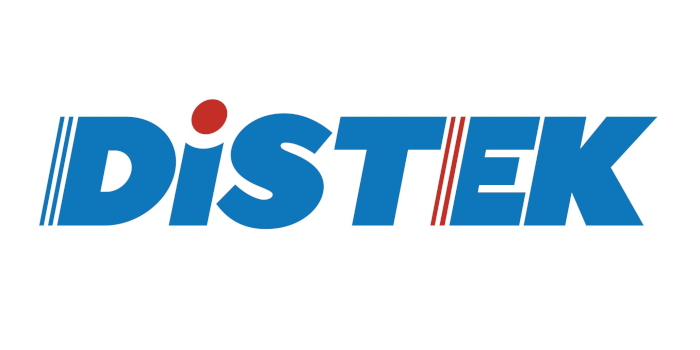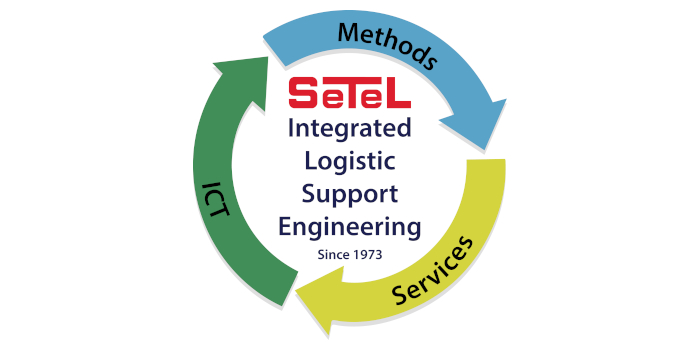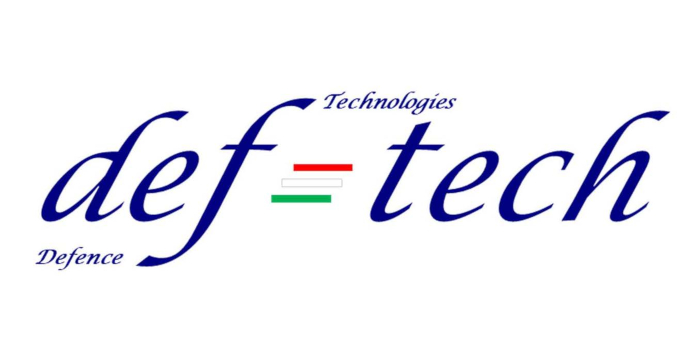SPECIAL SESSION #5
Explainable AI-based sensor fusion in Vis-NIRS applications for a sustainable society
ORGANIZED BY
Giulia Cisotto
University of Milano-Bicocca, Italy
Italo Zoppis
University of Milano-Bicocca, Italy
Sara Lucia Manzoni
University of Milano-Bicocca, Italy
Dagmawi Delelegn Tegegn
University of Milano-Bicocca, Italy
Ivan Reguzzoni
Seletech Engineering Srl
ABSTRACT
Driven by the worldwide push towards a sustainable and green society (as discussed, e.g., during COP27 in Sharm El-Sheikh in November 2022), it is strategic to monitor the conditions of every environment we live in or interact with. Among others, e.g., healthcare and industry, the smart agrifood is a crucial field where a strong effort is required to face very urgent challenges, such as the increasingly need for food of a worldwide growing population, the control of food quality, and the preservation of plants and vegetation which could only compensate the increased CO2 human production.
To this aim, it becomes crucial to design non-intrusive, wireless, and reliable sensor networks to monitor our living environments, together with the development of effective, computationally efficient and explainable AI-based methods to optimize resources (e.g., water, energy) and to promptly detect and react to anomalies (e.g., xylella epidemics on olive trees in Apulia, Italy in 2008).
A typical living environment includes a set of sensors capturing correlated information from different locations (homogeneous sensors) or collecting independent measurements (heterogeneous sensors). Such information is then integrated through sensor fusion strategies, and AI-based methods are generally adopted to model such complex systems and continuously track changes (including anomalies). However, the reliability, portability and explainability of such solutions across different settings (e.g., indoor or outdoor) and times (e.g., light and temperature conditions across seasons) are not well-established aspects and ask for new algorithms and sensing technologies.
Visible and near-infrared spectroscopy (Vis-NIRS) is emerging as key sensing technology in different living environments, e.g., agrifood above all, because of the cost-effectiveness and availability of portable instrumentations. On the other hand, AI has already proven to be extremely powerful to model complex systems, but full explanations of such models is required to ensure complete control of the final solution in-field.
This special session aims to stimulate prospective authors to provide original contributions of new effective and computationally efficient explainable AI methods to model and detect anomalies in heterogeneous wireless sensor networks that monitor indoor and outdoor living environments, with particular attention to the smart and sustainable agrifood field using Vis-NIRS technology.
TOPICS
- portable vis-NIR spectroscopy and hyperspectral monitoring
- sensor fusion
- artificial intelligence
- explainable AI
- heterogeneous wireless sensor networks
- sustainable agrifood
- age of information
- data mining
- anomaly prediction
ABOUT THE ORGANIZERS
Giulia Cisotto is Assistant Professor (non-tenure track) at the Dept. Informatics, Systems, and Communication of the University of Milan-Bicocca since January 2022 (previously, Assistant Professor at the Dept. Information Engineering of the University of Padova).
Since 2010, she has been deeply involved in the analysis of electrophysiological signals (e.g., EEG, EMG) using signal processing techniques and machine learning with the aim of supporting diagnostics, motor rehabilitation, and neuroscience research. Most of these studies have been designed and performed in collaboration with clinical Institutes and healthcare companies, both in Italy and Japan. More recently, she is working on the development of machine learning models for different types of data, including near-infrared spectroscopy (NIRS) data, to detect and predict anomalies in complex systems, e.g., smart agrifood. She is particularly involved in the project entitled "Sustainable management of greenhouses using NIRS-based sensor networks and AI" funded by PON Initiative 2014-2020 action IV.6 of the Italian Ministry of University and Research and carried on in collaboration with the University of Padova and Seletech Engineering Srl (Milan, Italy).
She has authored several about 50 journal papers, conference articles, and three book chapters (Google Scholar: #citations = 546, h-index =11), and she has been the recipient of an Outstanding Paper Award at IEEE Healthcom’18 and an Honorary Mention by the IEEE Communications Society in 2020. Since 2013, she has been actively involved in several national and international projects for the development of advanced data analytics for smart health and human-computer interaction.
Her research activity is mainly focused on extracting relevant and interpretable information from complex time-varying multi-channel and/or heterogeneous signals, for diagnostics and prediction purposes, both in neuroscience and in smart agrifood.
Italo Zoppis is an Associate Professor at the Department of Informatics, Systems, and Communication of the University of Milano-Bicocca (Milan, Italy).
Sara Lucia Manzoni is an Associate Professor at the Department of Informatics, Systems, and Communication of the University of Milano-Bicocca (Milan, Italy).
Dagmawi Delelegn Tegegn is an executive PhD with a passion for data analysis, particularly in the area of sensor data. His research focus is on signal analysis and the use of near-infrared sensors as a noninvasive tool for detecting biomarkers of diseases and stress, with a particular emphasis on their applications in the healthcare field. One of his current research projects involves the use of machine learning and deep learning techniques to analyze the infrared spectra of biological materials. These spectra can provide valuable insights into the qualitative and quantitative characteristics of biological matter, but can be challenging to interpret. Overall, his research activities have centered on leveraging the power of data analysis and machine learning to unlock new insights and solutions to real-world problems, particularly in the areas of healthcare and biology.
Ivan Reguzzoni is Senior Software and Firmware Engineer at Seletech Engineering Srl (Milan, Italy).

